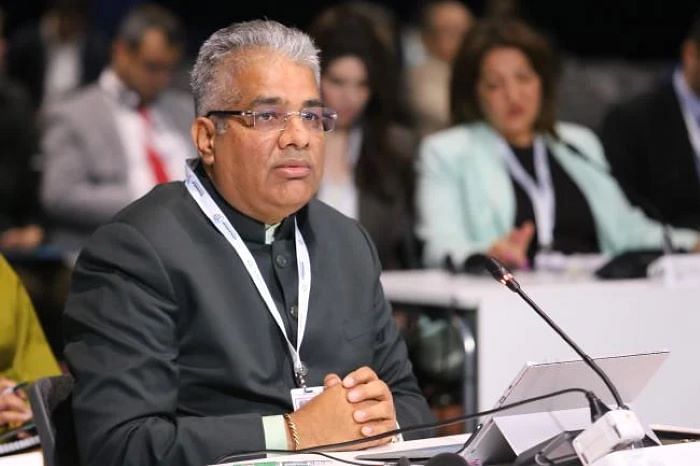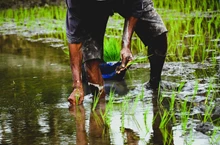
Bhupender Yadav, the Union Environment Minister, said that the agriculture sector in India and other developing nations is the source of "life, livelihoods, and culture for hundreds of millions and that support for it cannot be targeted for elimination" during a high-level session of the 15th Conference of Parties (COP15) to the Convention on Biological Diversity (CBD).
"Biodiversity must be promoted through positive investment while being rationalized. Similarly, a numerical global pesticide reduction target is unnecessary and should be left to individual countries," the minister added. Pesticides must be reduced by at least two-thirds by 2030, according to Target 7 of the Global Biodiversity Framework (GBF). A report released in February by Pesticide Action Network (PAN) India reveals serious problems with pesticide usage in India and points to inadequate regulation of hazardous agrochemicals.
According to the report, the current use pattern is implicated in widespread unauthorized pesticide use in India, posing a threat to food safety and environmental contamination. Proponents of the target state that redirecting harmful subsidies to biodiversity financing would go a long way toward closing the USD 700 billion funding gap each year. Currently, India spends approximately USD 30 billion (approximately 2.2 lakh crore) on agricultural input subsidies, including pesticides.
The minister acknowledged that credible action provides strength and optimism in facing all global challenges, including biodiversity. He stated that India is moving forward to protect biodiversity despite having 17% of the world's population but only 2.4% of its land area and 4% of its water resources. "Our forest and tree cover are steadily increasing, as is our wildlife population. "Determined steps are being taken to reintroduce the iconic cheetah to Indian habitats," he added.
"India has more than doubled the number of Ramsar sites declared to the current total of 75. As a large developing country, our forest policy is difficult to implement, but our forest surveys demonstrate its success," Yadav said. The Ramsar Convention on Wetlands is a 1971 international treaty for the conservation and sustainable use of wetlands. According to the minister, India's balance sheet in implementing the Aichi Targets (set in 2010) is proactive and forward-looking, and the country is on track to meet its commitments.
To combat the global biodiversity crisis, nearly 200 countries pledged to protect at least 17% of their terrestrial environments and inland water and 10% of their coastal and marine areas by 2020 at the 2010 UN CBD COP10 (known as part of the Aichi Targets). Yadav also stated that while India has taken numerous steps to combat invasive alien species, setting a numerical target is impossible without the necessary baselines and scientific evidence.
"The Global Biodiversity Framework must be framed in the light of science and equity, as well as nations' sovereign rights over their resources, as provided for in the Convention on Biodiversity," said the minister.
The adoption of four goals and 22 targets as part of the Post-2020 Global Biodiversity Framework, which will lay the groundwork for biodiversity conservation, would be the highlight of this COP. The Indian delegation is led by Yadav and a team of negotiators comprised of senior government officials.











